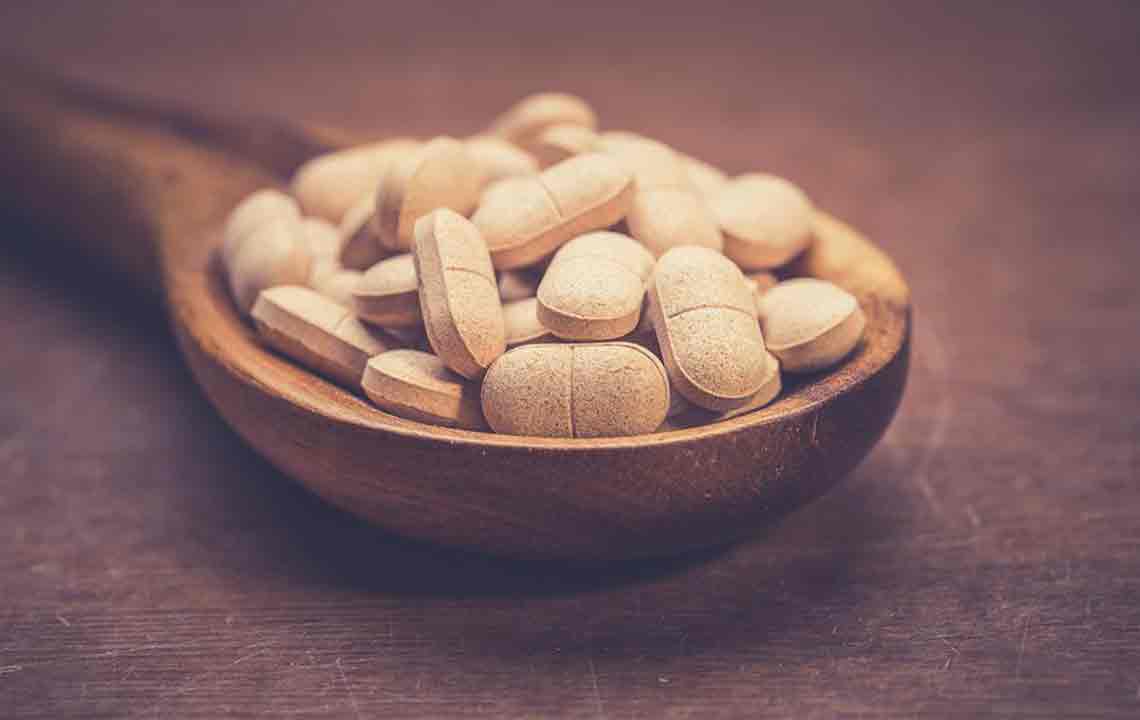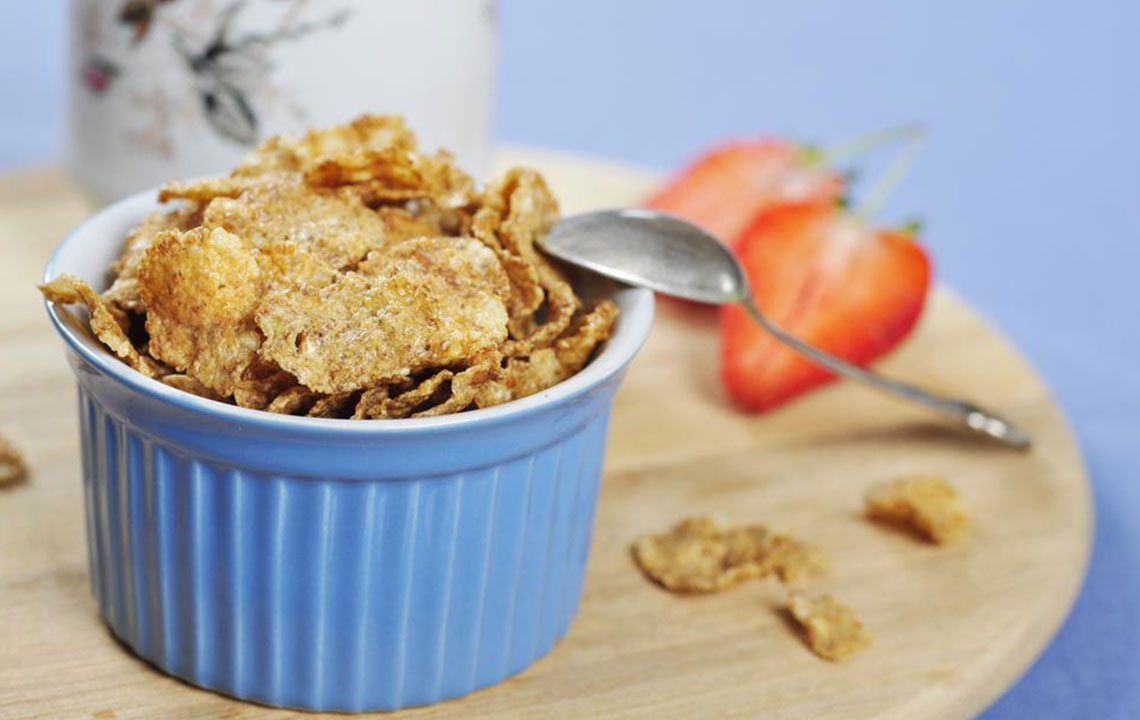Ultimate Overview of Leading Fiber Supplements for Optimal Health
Discover the essential role of dietary fiber and explore top supplements like Inulin, Psyllium, Methylcellulose, and Wheat Dextrin. Learn how these supplements aid digestion, reduce cholesterol, and support overall health. Perfect for those looking to boost fiber intake safely and effectively.

Dietary fiber, a complex carbohydrate found in plants, is essential for maintaining overall wellness. It helps lower LDL cholesterol, control blood sugar levels, support weight control, and promote healthy digestion by preventing constipation. Many adults do not reach the recommended daily intake of 25 grams for women and 38 grams for men often due to processed foods lacking fiber. Incorporating fiber-rich foods like beans, berries, and vegetables is helpful, but when dietary intake falls short, high-quality fiber supplements serve as a practical alternative.
The deficiency mainly stems from the low fiber content in processed foods common in Western diets. Soluble fiber absorbs water, slowing digestion and reducing cholesterol, while insoluble fiber boosts stool bulk, aiding bowel movements. Both types contribute significantly to health.
Leading fiber supplements include:
Inulin (Fiber Choice): A prebiotic fiber that supports gut bacteria and nutrient absorption. It’s 100% soluble, helping regulate appetite hormones.
Psyllium (Metamucil): Derived from Plantago ovata seed husks, with approximately 70% soluble fiber. It improves digestion and is often used for constipation relief.
Methylcellulose (Citrucel): A non-fermenting soluble fiber from plant cell walls, less prone to causing gas or bloating. Available as a powder, it promotes regularity without fermentation side effects.
Wheat Dextrin (Benefiber): Made from corn, this soluble fiber dissolves easily in hot or cold liquids, aiding digestion and blood sugar stabilization.
Getting enough fiber helps prevent conditions such as diabetes, heart disease, colon cancer, and digestive disorders like IBS. It’s important to consult healthcare professionals when choosing supplements, especially for those with existing health issues, to ensure safety and effective use.
Gradual introduction of fiber supplements, starting with small doses, can reduce side effects such as bloating or gas. Drinking plenty of water is vital to maximize benefits and avoid complications like intestinal blockage. Individuals with strictures or ulcers should seek medical advice before use.
Most people can safely increase fiber intake by consulting their healthcare provider and managing doses properly. Proper hydration and cautious escalation support optimal health benefits while minimizing risks.


